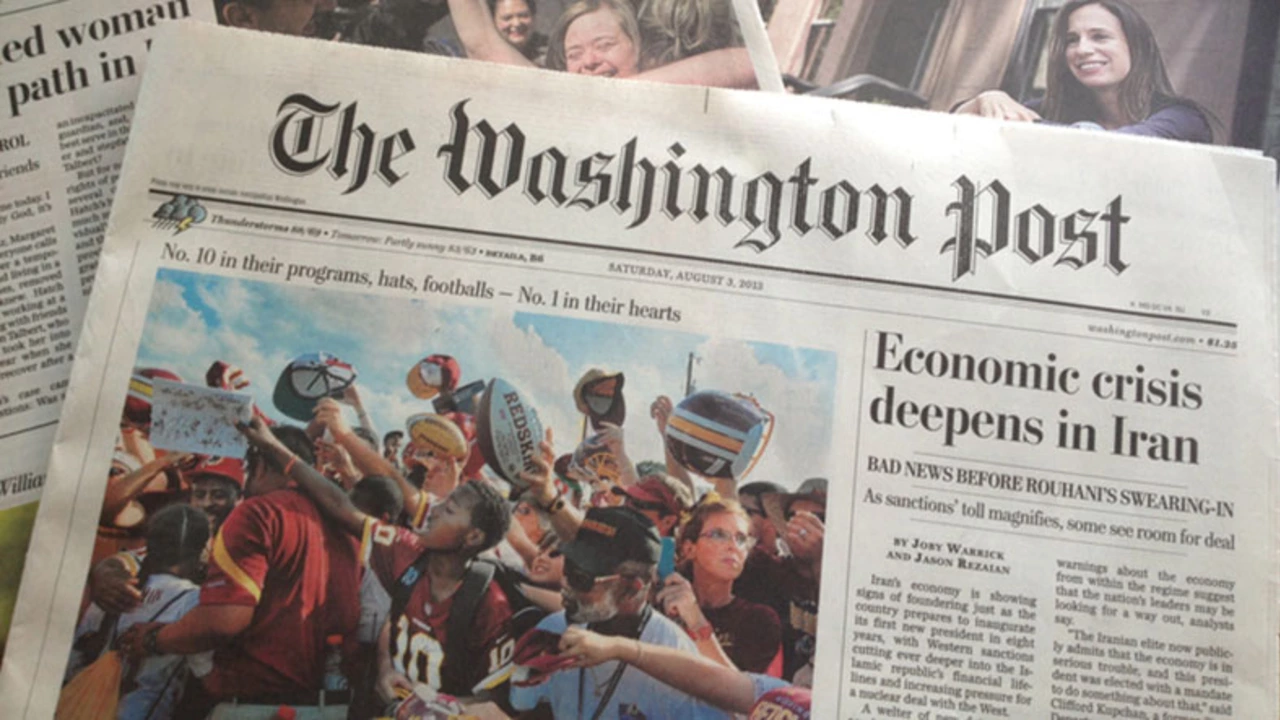Understanding the Concept of Fake News
Before we delve into the discussion about the Washington Post, it is crucial to understand the concept of fake news. Fake news is a term that has gained popularity in the last decade, primarily due to the rise of social media platforms. Fake news refers to false or misleading information presented as news. It often targets specific demographics and can be spread by traditional news media or online social media.
The danger of fake news lies in its ability to manipulate people's thoughts and actions, influencing public opinion, and sometimes even political scenarios. These false news stories often have eye-catching headlines or completely fabricated news to increase readership, online sharing, and internet click revenues.
The History and Credibility of The Washington Post
The Washington Post, founded in 1877, has a long history of journalism. It has won multiple Pulitzer Prizes, a testament to its commitment to quality journalism. The credibility of a news outlet is a crucial factor in determining if it is a source of fake news. The Washington Post's history and its commitment to maintaining high journalistic standards are factors that suggest that it is not a source of fake news.
However, like any media outlet, The Washington Post has faced criticism. This criticism often comes from those who believe the paper displays a liberal bias, which they argue can color the reporting. It's essential to differentiate between bias and fake news. Bias refers to a leaning towards a particular viewpoint, while fake news refers to the dissemination of false information.
Fact-checking at The Washington Post
The Washington Post employs a team of fact-checkers who scrutinize the information before it is published. Fact-checking is an essential process in journalism as it ensures the accuracy and truthfulness of the content. This is one of the most effective ways to prevent the spread of fake news.
Despite this, it is not uncommon for errors to slip through. In such cases, The Washington Post follows a strict protocol for issuing corrections and retractions, further reinforcing their commitment to truth and accuracy.
Examples of Washington Post Coverage and Controversies
There have been instances where The Washington Post has been accused of spreading fake news. In these cases, it is often a question of context, interpretation, or a mistake rather than an intentional spread of false information. Such instances have been met with corrections and public apologies from the publication, affirming their commitment to truth.
However, it is crucial to remember that a few instances of errors or misinterpretations do not define an entire news organization's credibility. No news outlet is immune from making mistakes, but the measure of their integrity lies in how they handle these errors.
The Influence of Ownership and Editorial Policy
The ownership of a news organization can influence its editorial policy and, in turn, its news coverage. The Washington Post is currently owned by Nash Holdings, a company controlled by Jeff Bezos, the founder of Amazon. This has led to speculation about potential conflicts of interest.
However, The Washington Post maintains that its editorial decisions are made independently of its ownership. It is vital to understand that while ownership can influence a news outlet's overall direction, it does not inherently make it a source of fake news.
Addressing Accusations of Fake News
Accusations of fake news are often politically motivated. In the case of The Washington Post, many of these accusations come from political figures or groups that disagree with the publication's reporting. It is essential to separate political rhetoric from an objective evaluation of a news outlet's credibility.
In conclusion, while The Washington Post, like any news outlet, may make mistakes, it is not a purveyor of fake news. It has robust fact-checking processes in place and a long history of credible journalism. Any accusations of it being a source of fake news need to be examined critically, keeping in mind the political climate and the potential motivations behind such claims.
